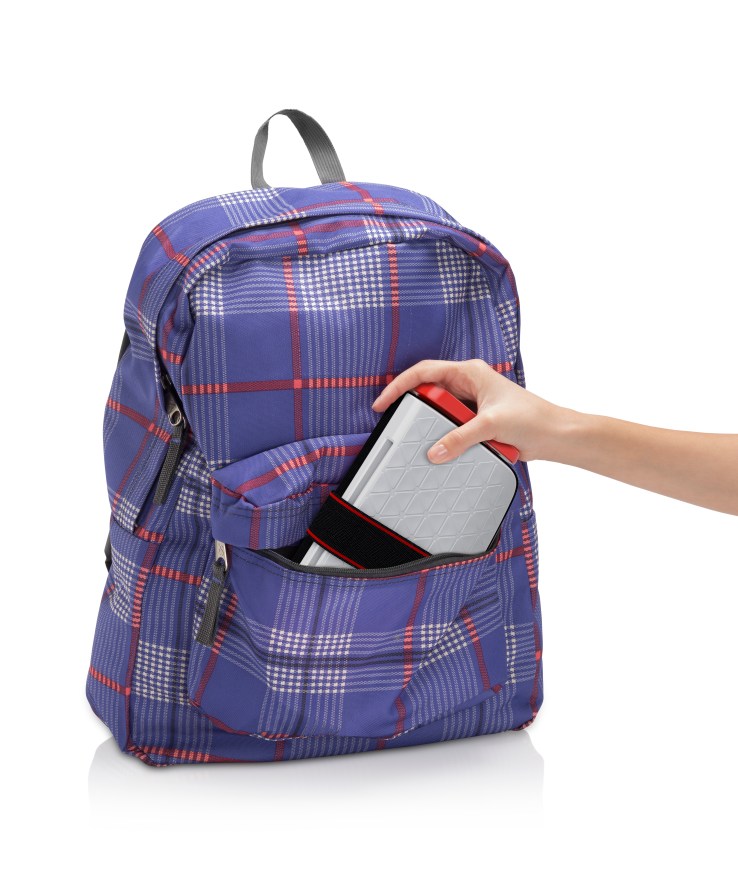
If you have young children, or your children aren’t so old that you can still remember what a pain clunky car seats can be, you might want to acquaint yourself with three-year-old, Ra’anana, Israel-based mifold.
The founders of King Digital Entertainment did. In fact, after seeing the Indiegogo campaign of mifold and its accompanying video, they reached out to mifold founder Jon Sumroy on LinkedIn of all places, asking if they could plug $1.5 million into the company.
Sumroy says it’s the “first formal” investment out of the King founders’ seed-stage fund,Sweet Capital. Sumroy also says that mifold has now raised $3.3 million altogether, including earlier seed rounds that came from friends, family, and several early production partners that like what the company is building.
As a parent who’s entering the carpooling phase of her sons’ lives, I definitely get it. Plainly, so do the 15,000 customers who’ve pre-ordered roughly 30,0000 mifold car seats, which are expected to start rolling off the production line in late March, at $39.99 apiece (or slightly less bought in bulk).
Fact is, there are many times a more portable car seat would be ideal, and there aren’t a lot of attractive options on the market. My husband and I currently use these for our kids, by Graco. They’re fine. They’re fairly lightweight, especially compared with what we used when our kids were younger (like these monstrosities).
Still, when we travel or use ride-hailing services, our sons’ seats don’t quite work, unless one of us wants to carry a giant booster seat under each arm, which we do not. With a major uptick in kid-related commitments, we’re also realizing how much nicer it would be if we had smaller booster seats — and more of them — to accommodate our sons’ friends.
A 2012 study published in the journal Pediatrics underscores the problem. According to this particular survey of 1,600 parents across the U.S. with children between the ages of 4 and 8, 76 percent reported using a safety seat while using their family car. Yet only 55 percent used seats for their kids’ friends when shuttling them around. As amazingly, just one-fifth of carpooling parents ask other drivers to use a booster seat for their child.
We’re not inclined to go down that path, and with mifold, we shouldn’t have to. It’s 10 times smaller than standard booster seats. The company says its products are just as safe. (Instead of having a lap belt across the stomach, which is dangerous, mifold straps the belt across the hip joints.) And crucially, for children ages 4 to 12, or 40 pounds to 120 pounds, the seat has been proven to comply with federal safety regulations in the U.S., U.K., and Europe.
Now Sumroy — a father of four and formerly a marketing executive at Johnson & Johnson and Unilever — just needs to get the things made and into the backseats of customers’ cars before a giant like Rubbermaid (which owns Graco) beats him to the punch.
Asked about whispers that manufacturers might be developing a similar product, Sumroy tells us he has talked with two of the largest, and that both “claim that they’re aware of the ‘ultra compact market’ and say they’ve been looking at it for a long time.”
Says Sumroy, “I suppose that surprises me, because if they had, they would have come up with a product that addresses this need.”

Comments
Post a Comment